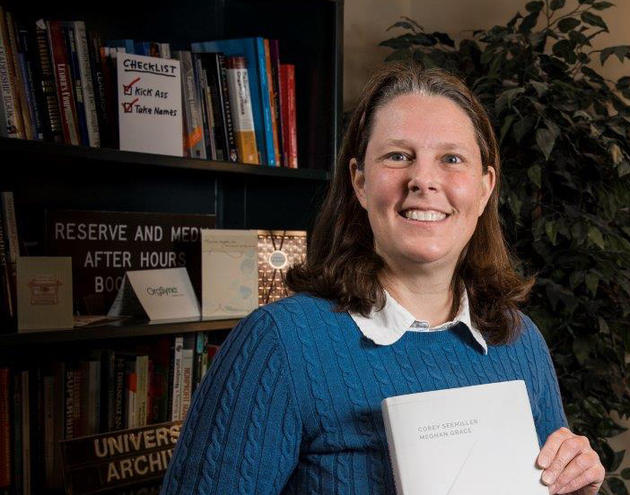
Excerpt from the New York Times
“This generation defies the stereotypes of young adults,” in terms of risk-taking, Dr. Twenge said. They are “more receptive to messages around safety” and less eager to get driver’s licenses, and they come to college “with much less experience with sex and alcohol.”
They are also more cautious when it comes to academics, fear failure and have learning preferences distinct from millennials, said Corey Seemiller, professor at Wright State University and co-author of “Generation Z Goes to College,” who queried 1,200 students on 50 campuses.
“They do not like to learn in groups,” favor videos over static content and like to think about information, then be walked through it to be certain they have it right.
“They want a model” and then to practice, said Dr. Seemiller, who posts samples when assigning a paper. “I’ll say, ‘Let’s look through them and see what works.’” Having grown up with public successes and failures online, she said, students are hungry to have a big impact, yet “worry they will not live up to that expectation.”
And despite their digital obsession, Dr. Seemiller’s research shows this generation favors visual, face-to-face communication over texting. They are not always good at live social interaction, but they crave it. “They want authenticity and transparency,” she said. “They like the idea of human beings being behind things.”
As a generation that “has been sold a lot of stuff,” said Dr. Seemiller, iGens are shrewd consumers of the tone and quality of communication. That’s pushing colleges to focus not only on what they say, but also how they say it.
Which is what orientation leaders and staffers in Princeton’s office of the dean of undergraduate students — known on social media as ODUS — have tried to master in the way they welcome the class of 2022.

